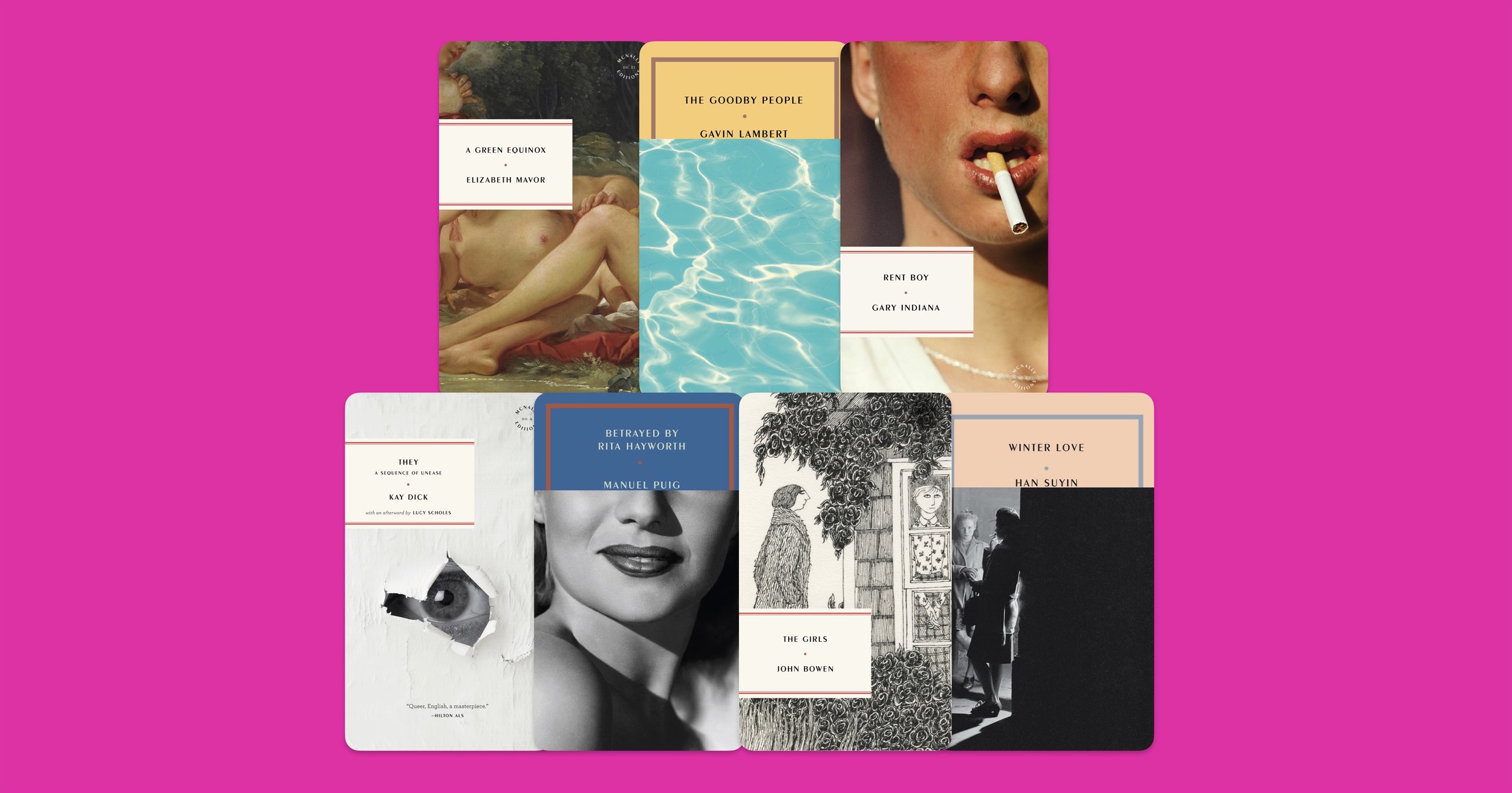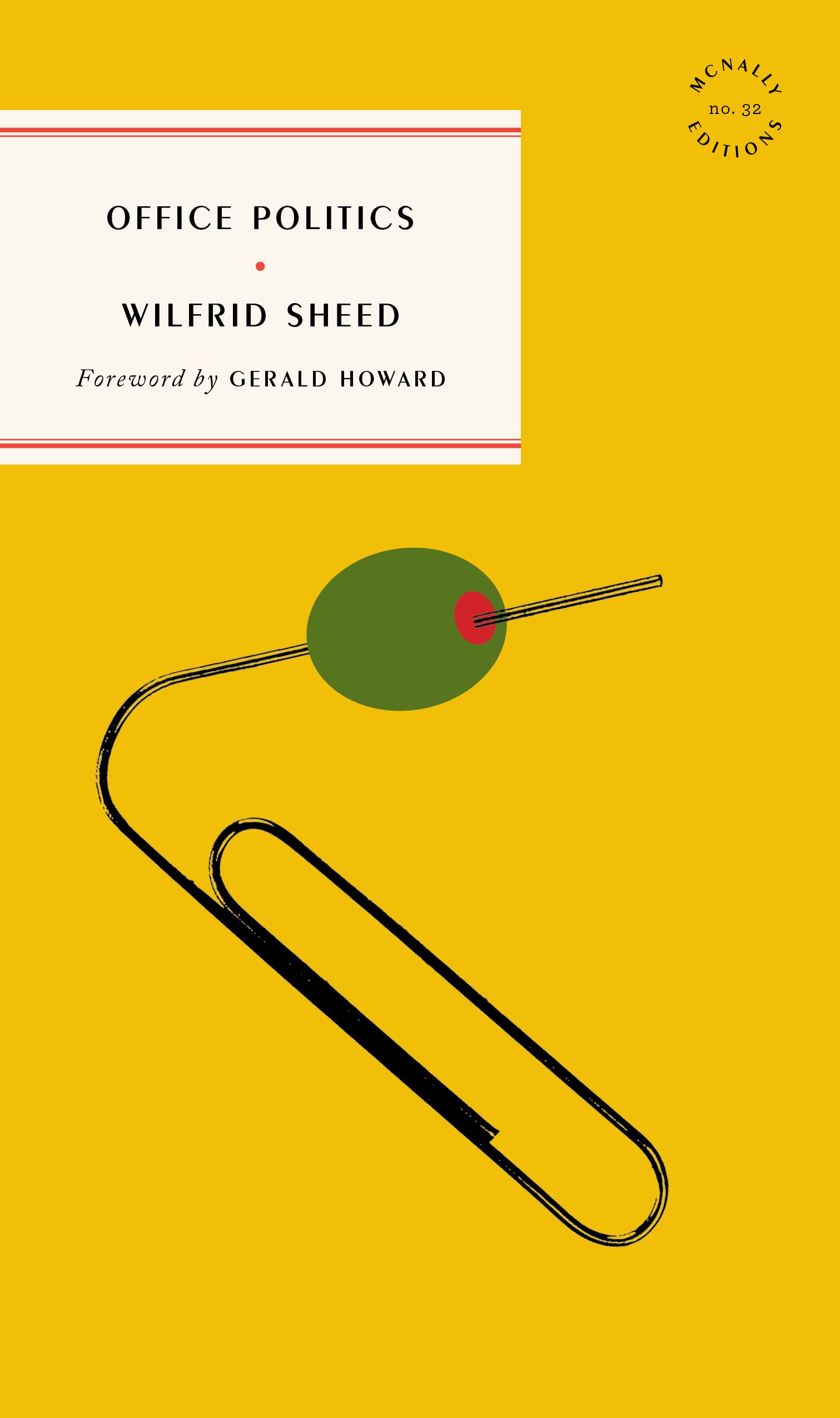A Green Equinox
Elizabeth Mavor
A finalist for the 1973 Booker Prize, A Green Equinox is the beguiling tale of a brilliant young woman who falls in love first with her lover’s wife, and then with his mother.
Elizabeth Mavor
A finalist for the 1973 Booker Prize, A Green Equinox is the beguiling tale of a brilliant young woman who falls in love first with her lover’s wife, and then with his mother.
Elizabeth Mavor
A finalist for the 1973 Booker Prize, A Green Equinox is the beguiling tale of a brilliant young woman who falls in love first with her lover’s wife, and then with his mother.
Hero Kinoull is an antiquarian bookseller whose sedate life in the picturesque English town of Beaudesert is turned upside down between the spring and autumn equinoxes of a single year. First her quiet but forbidden liaison with Hugh Shafto, the curator of the country’s finest collection of Rococo art, comes to an abrupt halt when she develops an adoration for his straight-talking, do-gooding wife Belle. But this relationship leads to other, even more unexpected feelings for Belle’s widowed mother-in-law, the majestic Kate Shafto, who spends her days tending her garden and sailing her handmade boats in the waters of the miniature archipelago she’s constructed in a disused gravel-pit.
Published two years after Elizabeth Mavor’s most famous work, The Ladies of Llangollen—a biography of two eighteenth-century Irish gentlewomen who scandalized their families by eloping to Wales, where they lived together on their own terms—A Green Equinox is itself an intrepid exploration of gender, female sexuality, and passion: romantic, carnal, and cerebral.
“This newly republished 1973 novel about a bookshop owner’s love life is funny, surprising and unpredictable. This extraordinary novel . . . operates as a cry for passion and against lassitude . . . A Green Equinox is a book whose transgressive nature slips by the reader easily through the comedy, colour and final tragedy of its telling. There is a particular sensibility here—unpredictability, comedy in darkness, turning things upside down in fewer than 200 pages—that recalls Barbara Comyns or Muriel Spark. But most of all this is that rare bird, a novel entirely sui generis, with no clear antecedents and no imitators. It is old-fashioned in the best way: intrepid, eccentric, and not giving a damn.”
—John Self, The Guardian
“A sprawling pleasure (come for the oddly troubled surface of a reclaimed gravel-pit, stay for the tragicomedy of intergenerational queer desire).”
—Eley Williams, Granta, Best Books of 2023
“In a reissue of the late Mavor’s 1973 Booker Prize–shortlisted novel, heroine Hero Kinoull is already in the throes of an affair—the first of three she will have over the course of a year . . . Mavor writes beautifully about time and explores how each affair gives Hero the opportunity to orient her relationship to it: With Hugh, she revels in the past; with Belle, she looks hopefully toward the future; and with Kate Shafto, she finally lives unapologetically in the present. [In] lush and ornate prose . . . she effectively captures the timelessness of love, grief, sexuality, illness, and desire. A transgressive novel about love, art, and gender is given new life.”
“This vibrant and resonant story of love and sickness from Mavor (1927–2013) was shortlisted for the Booker when it was first published in 1973 . . . The plague sections of this unconventional story feel au courant, as does the timeless exploration of the many different ways to approach love. Mavor’s passionate story endures.”
“Elizabeth Mavor relishes spirited, unorthodox women, free with their tongues and ready to snap their fingers at convention.”
—Jane Adam Smith, London Review of Books
“A Green Equinox’s subject is love and its multifarious manifestations: carnal, romantic, or cerebral . . . [Mavor] is an unapologetic maximalist, who indulges in hyperbole, metaphor and poetry. But her flights of linguistic fancy are always tempered by a return to reality. One minute she’s invoking Roman mythology, the next she’s comparing somebody to a bathroom fixture—‘Belle’s nature was smooth and antiseptic, a flat white statement, as alien and inarguable with as a toilet pedestal’—and there’s a beauty in each.”
—Lucy Scholes, Literary Hub
“A Green Equinox is a book of astounding precocity in content, imagery, character and style . . . a masterly study of pretension, hypocrisy, and the immeasurable folly of refinement.”
—Stuart Evans, Times Literary Supplement
“Buoyant and witty . . . full of English idiosyncrasy and of English nonsense and intelligence.”
—Karl Miller
“Elizabeth Mavor is a précieuse without being ridicule. Her dialogue is stylized and stylish, but the note once pitched is skillfully stuck to. Her plot is formal, unfolded with a measured, steady hand. Symbols recognizably smile or frown at you as you go along, like statuettes bordering a cosseted flower-garden. The whole book is very much of a ‘performance,’ at once graceful, mannered and, in no pejorative sense, remote.”
—David Williams, The Times
“I shall read the book again. It haunts my memory.”
—Robert Nye, The Guardian
“A thoughtful, intensely lyrical book.”
—Roger Garfitt, The Listener
Born in Glasgow and educated at Oxford, where she was reputedly the first woman to edit the university magazine, Elizabeth Mavor (1927–2013) was the author of five novels and numerous works of nonfiction. Drawn to the lives of women who flouted convention, her most celebrated works include two historical biographies: The Virgin Mistress: A Study in Survival (1964), about Elizabeth Pierrepont, Duchess of Kingston, an English courtesan famous for her adventurous lifestyle; and The Ladies of Llangollen (1971), the story of cross-dressing aristocratic companions Lady Eleanor Butler and Sarah Ponsonby. Mavor was married to the cartoonist and illustrator Haro Hodson, with whom she had two sons.
A Green Equinox • Paperback ISBN: 9781946022684
Sep 19, 2023 • McNALLY EDITIONS no. 21
5" x 8.5" • 224 pages • $18.00
eBook ISBN: 9781946022691









